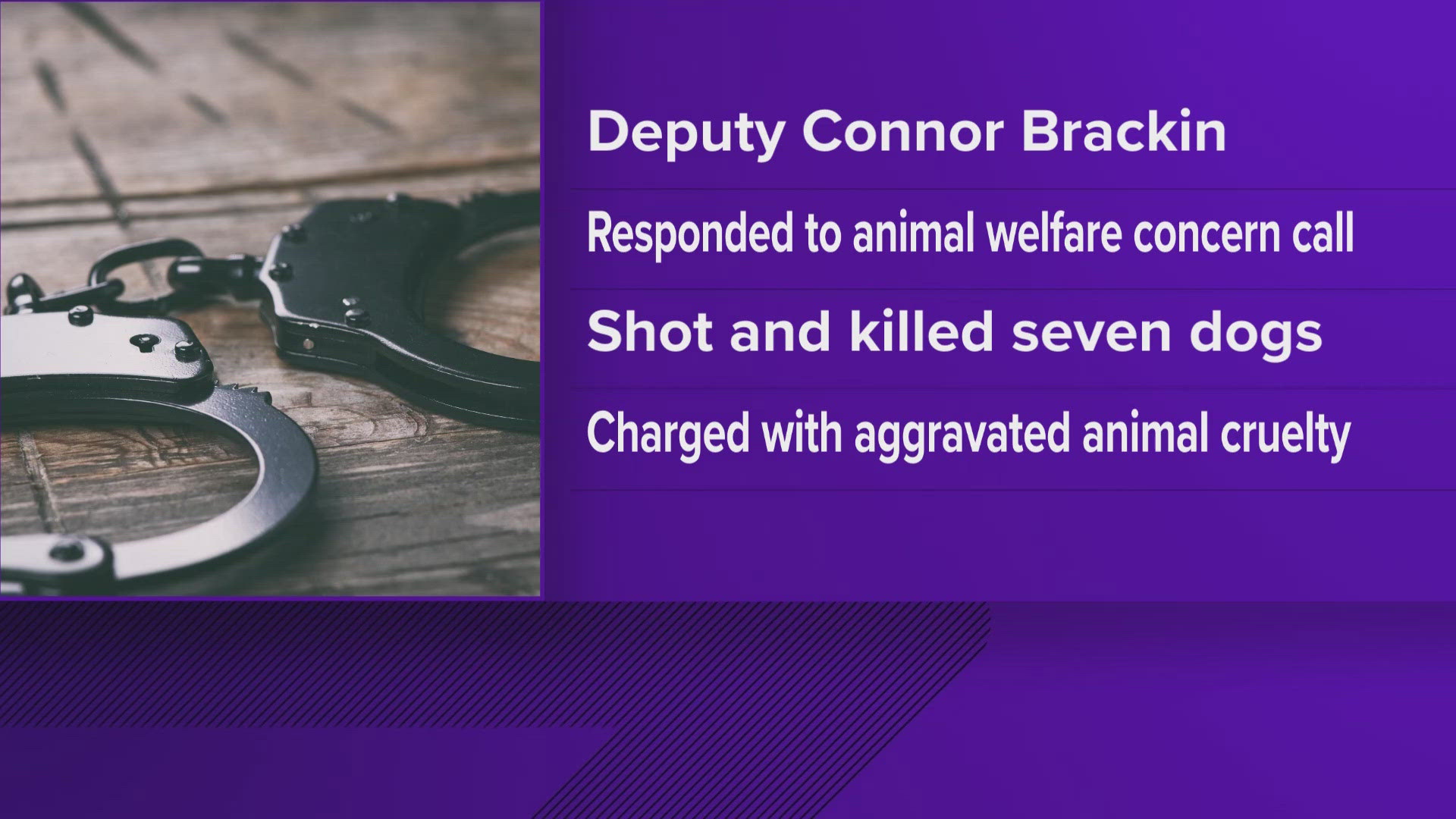MEMPHIS, Tenn. — What does it mean when a criminal case is dismissed due to a lack of prosecution?
The Shelby County District Attorney General’s Office said it can mean any of a number of things, but what it doesn’t mean is that a case is necessarily over and done.
“Dismissed Lack of Prosecution” (DLOP) is a term that shows up in court records sometimes. Usually, a case will be marked in the court system as DLOP when a judge has dismissed it for one of several reasons. The dismissal usually comes after an initial arraignment and before or during a preliminary hearing.
In a video posted to social media, Assistant District Attorney Brandon Wright explained more about what a DLOP is and what it means. He said the term creates a misconception.
“I think this is a misconception among the community because this makes it sound like the prosecuting office is not going to prosecute this,” said Wright. “… Just because something is ‘DLOP’ed,’ it doesn’t mean that we aren’t prosecuting this.”
Wright said a case can be dismissed for several reasons, such as:
- A victim doesn’t show up
- A witness doesn’t show up
- An officer doesn’t show up
- DA’s office doesn’t have a good address, phone number, contacts for subpoenas (a lawful order requiring someone to show up for court.)
After a DLOP, a case can still go to a Grand Jury for indictment, bringing back the criminal charges against a defendant.
“So, if you ever hear the word ‘DLOP’ or Dismissed for Lack of Prosecution, it doesn’t mean we aren’t pursuing it. We are pursuing it,” said Wright. “There are just certain areas we need to fix in the case before we take this on in criminal court.”
Another term often used in the court system when charges are dismissed is “Nolle Prosequi.” Nolle prosequi is a Latin phrase basically meaning "will no longer prosecute." It typically works the same as a DLOP, and the charges can still be brought in front of a Grand Jury to move the case through criminal court.
Neither DLOP nor Nolle Prosequi dismissals typically trigger double jeopardy, which would prevent the court from taking up the case again for the same incident in question.
It’s worth noting, sometimes charges can be dismissed “with prejudice” or “without prejudice.” According to the legal website NOLO.com, “A dismissal with prejudice means the prosecution can't ever refile charges; dismissal without prejudice means the prosecutor can refile the charges.”



